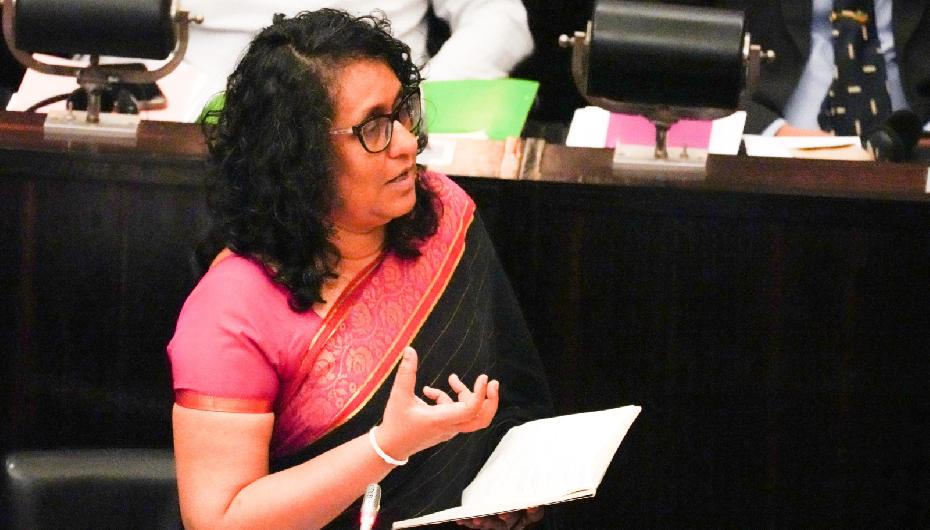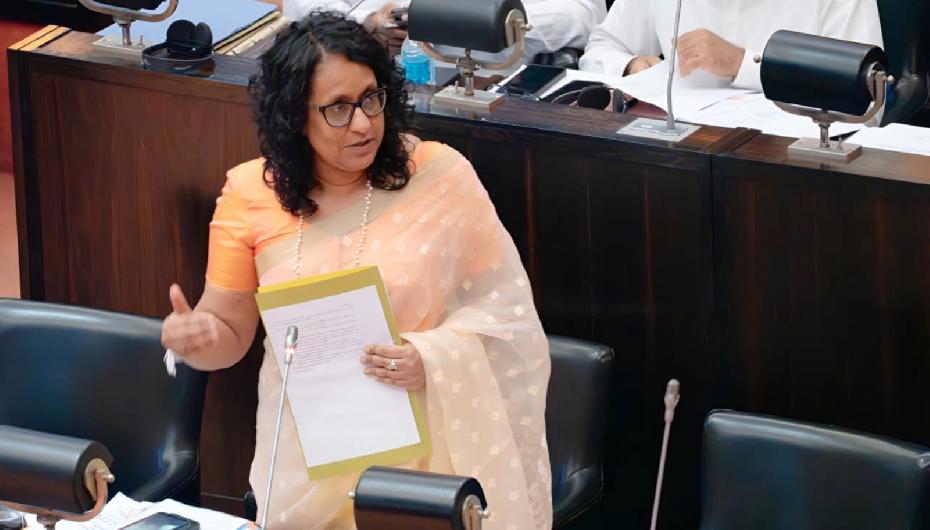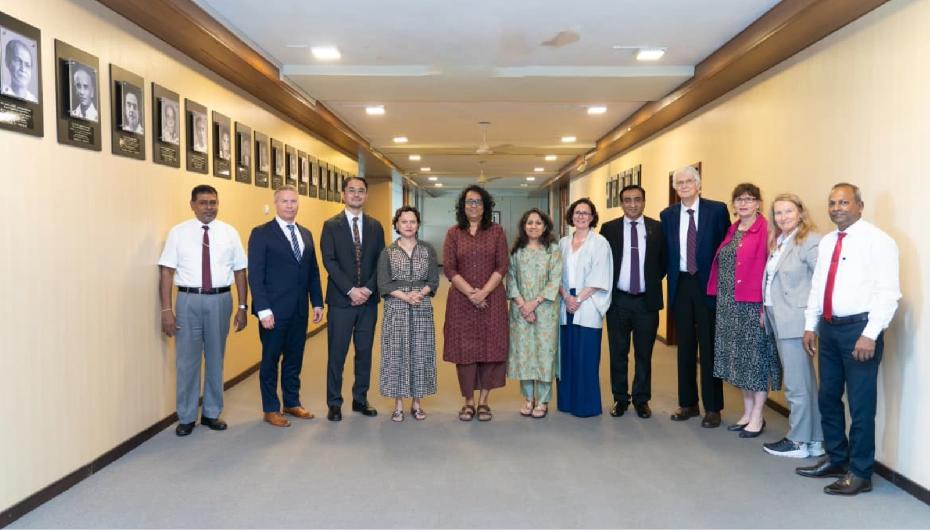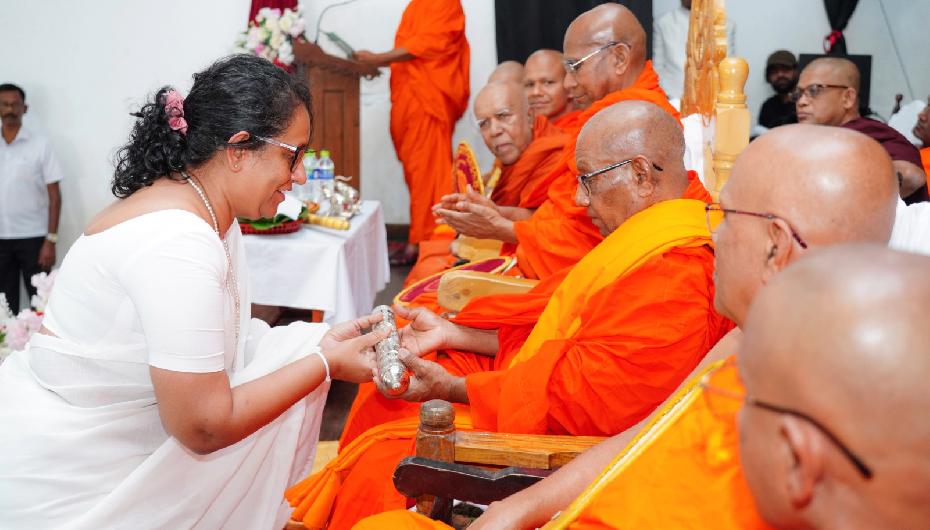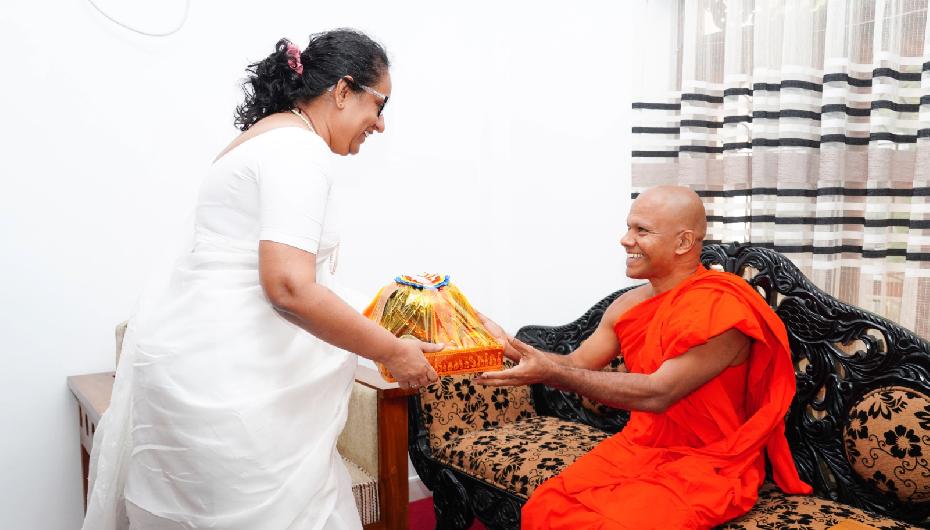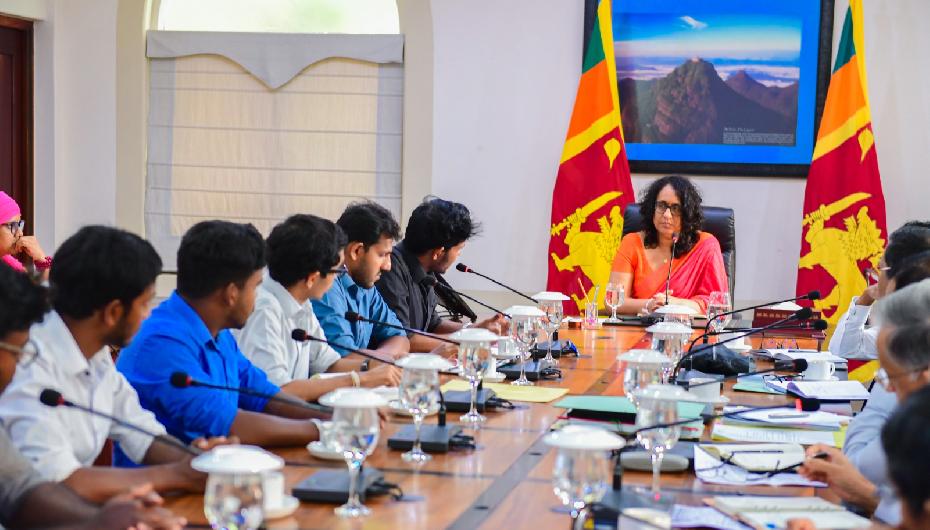Establishing a National Care policy is essential in achieving a fair Society where it values Women’s Labour and a care Economy - Prime Minister Dr. Harini Amarasuriya
Prime Minister Dr. Harini Amarasuriya stated that establishing a National Care policy is essential in achieving a fair Society where it values Women’s Labour and a care Economy.
The Prime Minister made these remarks in Parliament on 05th of March expressing her views on the proposal submitted by the Women Parliamentarians’ Caucus advocating for the development of a National Care Policy.
Elaborating further, the Prime Minister stated:
On this International Women’s Day, I am truly pleased to have the opportunity to speak on the proposal presented by the Women’s Caucus advocating for a National Care Policy. It is particularly meaningful to me because six years ago, when I delivered my first speech in Parliament and spoke about the care economy, there were only a few female Members in this House. At that time, even raising this subject was something new.
Today, I am happy that six years later, we have a stronger group both within and outside Parliament to discuss this topic. The conversation has evolved to such an extent that we are now able to bring forward proposals towards establishing a national policy evidencing that how the discussion has strengthened both in public discourse and within Parliament.
In a context where women’s representation has increased across all sectors, including leadership in local government institutions, community organizations, the public service, and the education sector, it is crucial to foster dialogue on such decisive and significant issues.
In order to enhance and strengthen women’s participation across these sectors, we must recognize women’s participation as equal citizens and intervene to remove the key barriers that prevent them from engaging freely, respectfully, and according to their own choices in all areas of public life.
At a time when greater attention is being directed towards women in politics, it is also important to ensure that media and social media spaces are organized in a manner that safeguards women’s dignity and security, enabling them to engage in society, politics, and culture without fear and with respect. This should not be achieved merely through the use of law, but through broader social transformation. Within that social transformation, women must receive justice and fairness. We aspire to build a society where all citizens can participate equally, with dignity, security, and equal opportunity.
Prime Minister’s Media Division



